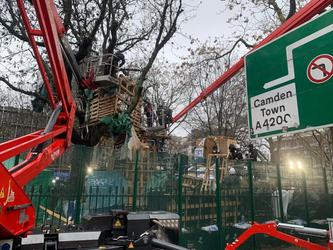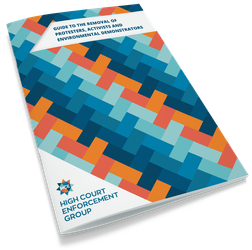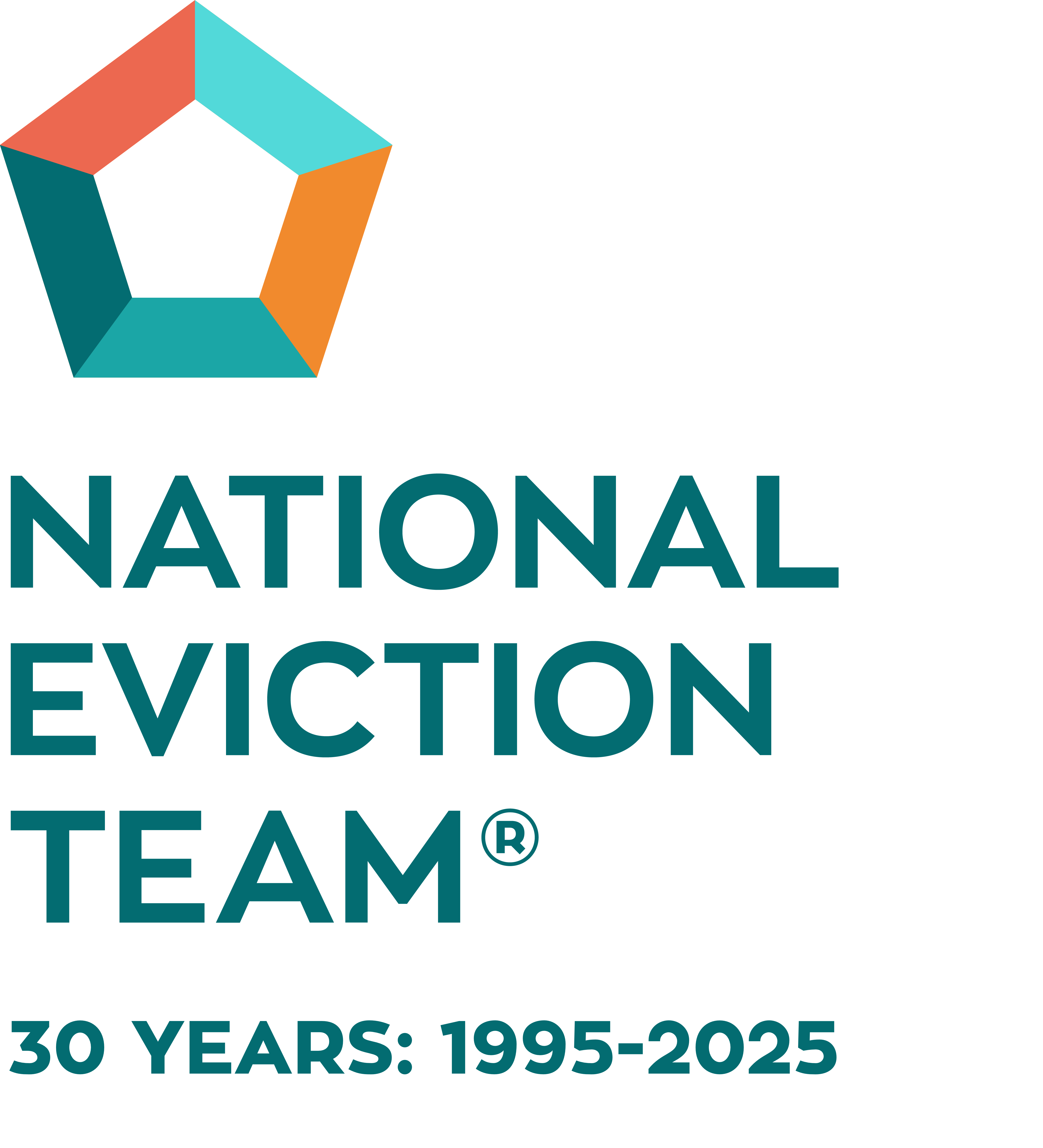Traveller injunctions banned
Growing use of injunctions
For the past few years traveller injunctions have been used by 34 councils, including 14 London boroughs. These injunctions prevent trespass by travellers on publicly owned land, such as parks, car parks and the roadside.
However, the Court of Appeal recently dismissed a case brought by Bromley Council.
Bromley Council case
Bromley Council had obtained a blanket injunction banning travellers from stopping on 171 different pieces of land within the borough back in August 2018.
Bromley argued that the injunction was necessary as they had been experiencing an increase in incursions from the traveller community on publicly owned land. Alongside this there had been issues with anti-social behaviour and fly tipping.
This injunction was appealed by a group named London Gypsies and Travellers who argued that the injunction was discriminatory and prevented them from their traditional nomadic way of life.
London Gypsies and Travellers also argued that they had a lack of authorised sites and stopping places and that this had led to an increase in unauthorised encampments.
The judge in the case argued that an injunction against persons unknown was effectively penalising the entire traveller community for the anti-social behaviour and fly-tipping of only a few.
The judge did, however, grant an injunction against fly tipping, waste disposal and preventing entering car parks and parkland for this purpose.
Implications for local authorities
This means that there will be implications for local authorities who were thinking of relying on, or who have previously relied upon blanket injunctions.
The direction from the judge points to the need for a more collaborative approach that addresses the needs of the traveller community. This means Equality Act impact assessments, with the wider guidance stating that there needed to be a process of open dialogue and communication between local authorities and the traveller community.
It therefore follows that local authorities must regularly engage with the traveller community (and/or, in the Greater London area, the first intervener).
Through a process of dialogue and communication, and following the copious guidance set out by the judge, it should be possible for the need for this kind of injunction to be avoided altogether. 'Negotiated stopping' is just one of many ways referred to in the English case law in which this might be achieved.
Negotiated stopping
Negotiated stopping involves an agreement between the local authority and the travellers to stop on land with terms including waste disposal and keeping the area clean and tidy.
Transit sites
City of Wolverhampton Council has also recently started the approval of a transit site for travellers, with Councillor Steve Evans, Cabinet Member for City Environment, commenting “By developing a transit site, we are providing travellers with a place to stay short term as well as reducing incursions in the city."
The solution in Wolverhampton, which identified particularly vulnerable sites but did not include all the sites owned by the council, seems to me to be a much more proportionate answer.
Conclusion
In our view, borough-wide injunctions are inherently problematic. They give the traveller community no room for manoeuvre. They are much more likely to be refused by the court as a result, as happened in the Bromley Council case.



